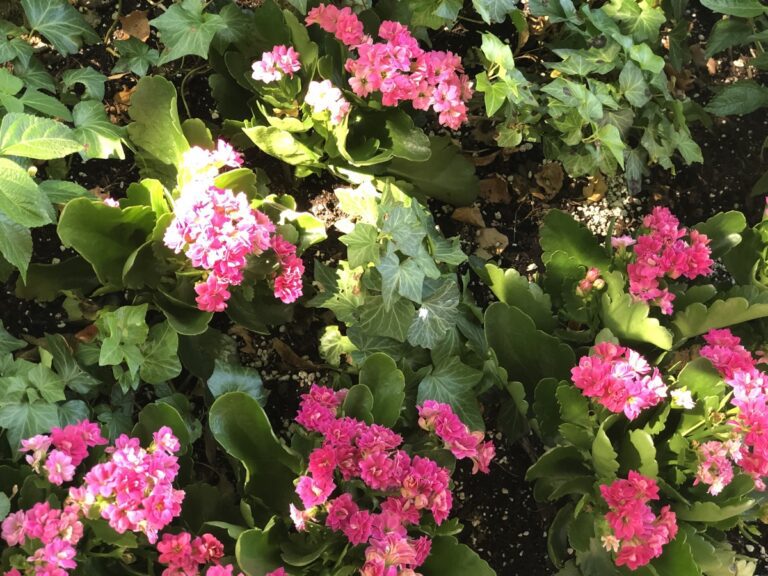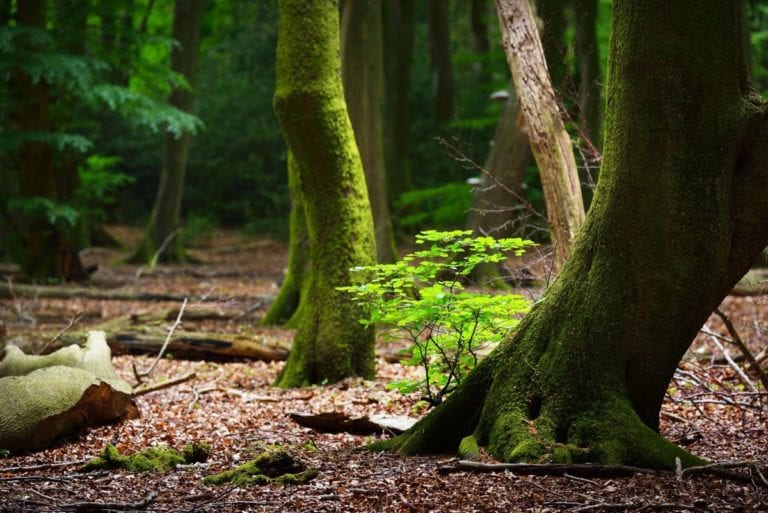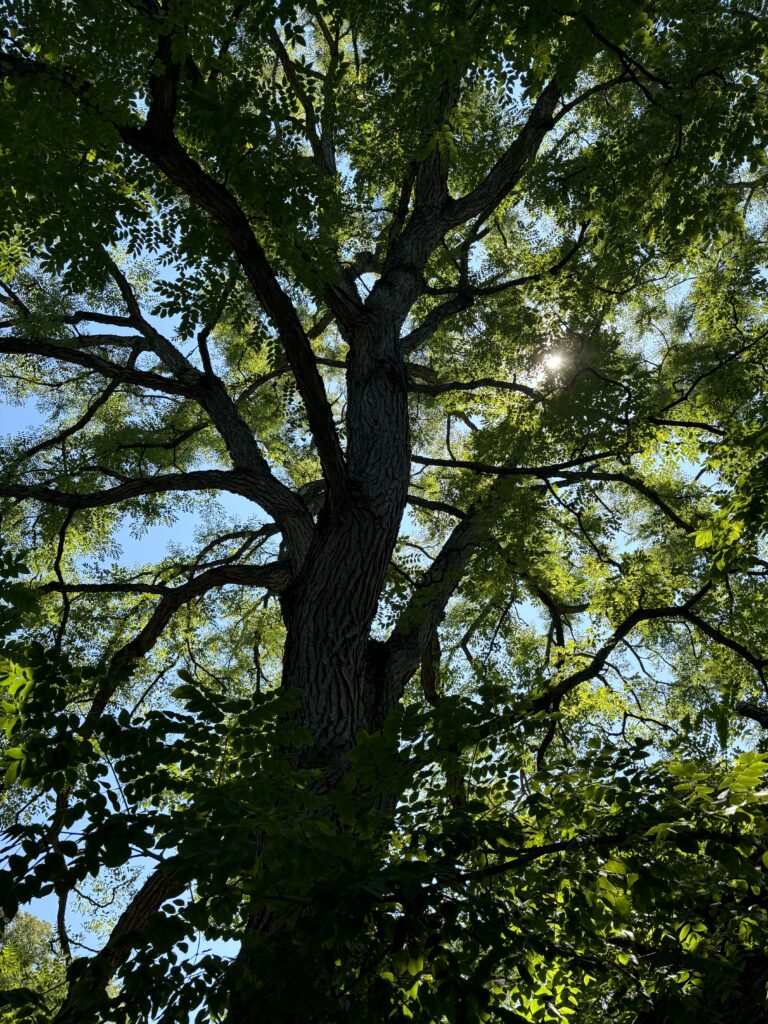August 2019 Audio Meditation
And for those who prefer a visual, here is a video accompaniment:
Meditations, experiments, books and guided meditations to assist with nourishing spirituality, healing childhood wounds, and living more consciously.
Meditations, experiments, books and guided meditations to assist with nourishing spirituality, healing childhood wounds, and living more consciously.

And for those who prefer a visual, here is a video accompaniment:

This year, we focus on frequencies and on the impact of resonating with particular qualities. The focus for September is on affection and the possibility of resonating with the heart intention of “I choose love”.
For those who prefer to have images with their meditation, here’s the link to the YouTube version of the meditation:

I’ve mentioned a number of times that I post a daily inspirational quote and photograph of our beautiful earth in two places. One is the Devadana Sanctuary Facebook page and the other is on the Devadana Sanctuary side of my Portal to Multidimensional Living. I’ve done this for a number of years now, as the process of choosing the quotation and photograph each day has become a form of meditation for me.
Two recent quotes, one I posted through Devadana Sanctuary, the other posted by someone else on Facebook, touched into a practice that I engage in daily and I wanted to share it with you at this time of the ending of one year, one cycle, and the beginning of the new. First, here are two quotations that touch on what I want to share in this weekly practice:
“I do not think that it is naïve to think that it is the tiny, particular acts of love and joy which are going to swing the balance.” ~ Madeleine L’Engle, A Circle of Quiet
“We live at a time when the greatest form of courage is to act as if our lives made a difference.”
~ William Sullivan, The Secret of the Inca

As I begin this week’s practice, I’m watching a video of yesterday’s memorial celebration for the beloved Vietnamese teacher, Thich Nhat Hanh, in Plum Village, France. For those of you who may not have encountered Thay or his teachings, he was a Buddhist monk who brought important and accessible mindfulness teachings to the West, was also advocate for peace and a supporter of Martin Luther King, Jr., who nominated Thay for a Nobel Peace Prize.
As I listen to the chanting of the people of Plum Village, I am reminded of the importance of accessing practices that allow us to access states of being that touch not only into the presence of the Sacred all around us, but also into those internal states that bring us into a deep inner quiet and settled ease. What I’d like to offer for this week’s practice is an adapted version of a very simple and direct meditation that Thay offered to us early in his teachings. It has stayed with me over the years as one of the most direct and effective ways to settle and find a sense of inner presence. As I weave his teaching into the following practice, I apologize for whatever changes I’ve made in this practice that may inadvertently not accurately reflect Thay’s intention, words or teaching.
Read More “861st Week: Honoring Thich Nhat Hanh and the Practices He Taught”
If you prefer a meditation with visual images, here’s the YouTube link to the October meditation:

Sitting in Central Park one weekend morning, a morning that was cloudy and quiet in the park, I felt a deep sense of peace radiating from all the trees around me. The quality of the trees and the environment they evoked reminded me of the Japanese practice of “forest bathing”, where people go amongst trees to soak in the healing that naturally emerges.
Attuning to the peaceful quality of the trees is, for me, similar to tuning in to a particular radio station, television channel, or on-line program… Read More “681st Week: Resonating with the Essence of Peace (Playing with Foreground/Background Dynamics)”

This month, we continue with radiating love and this time we radiate it to all our earth-kin, calling forth our optimal relationship with them. Sending love to the optimal relationship between our human family and our family of earth-kin, noticing how the heart expands its ability to include all life in its loving presence.
Here’s the audio version of this month’s meditation:
If you would prefer to do the YouTube version with images from nature:
This site uses Akismet to reduce spam. Learn how your comment data is processed.
Love the August meditation – fabulous!!! I struggle with fear a great deal due to chronic pain and medical issues. I do work with a Somatic Experience practitioner on a regular basis (love her!) and this has helped me more than any Western medicine.
Thank you for offering these monthly meditations!
Thanks for your comment, Melissa! All the best to you on your healing journey.